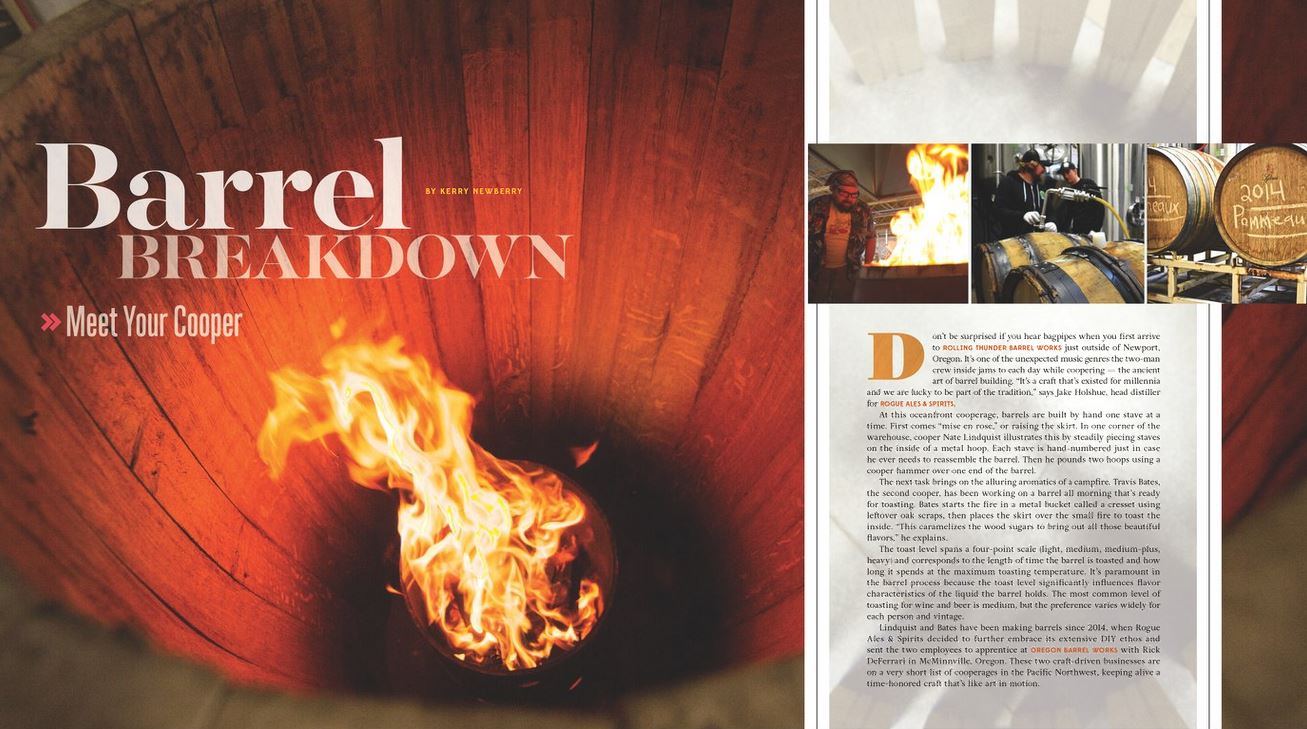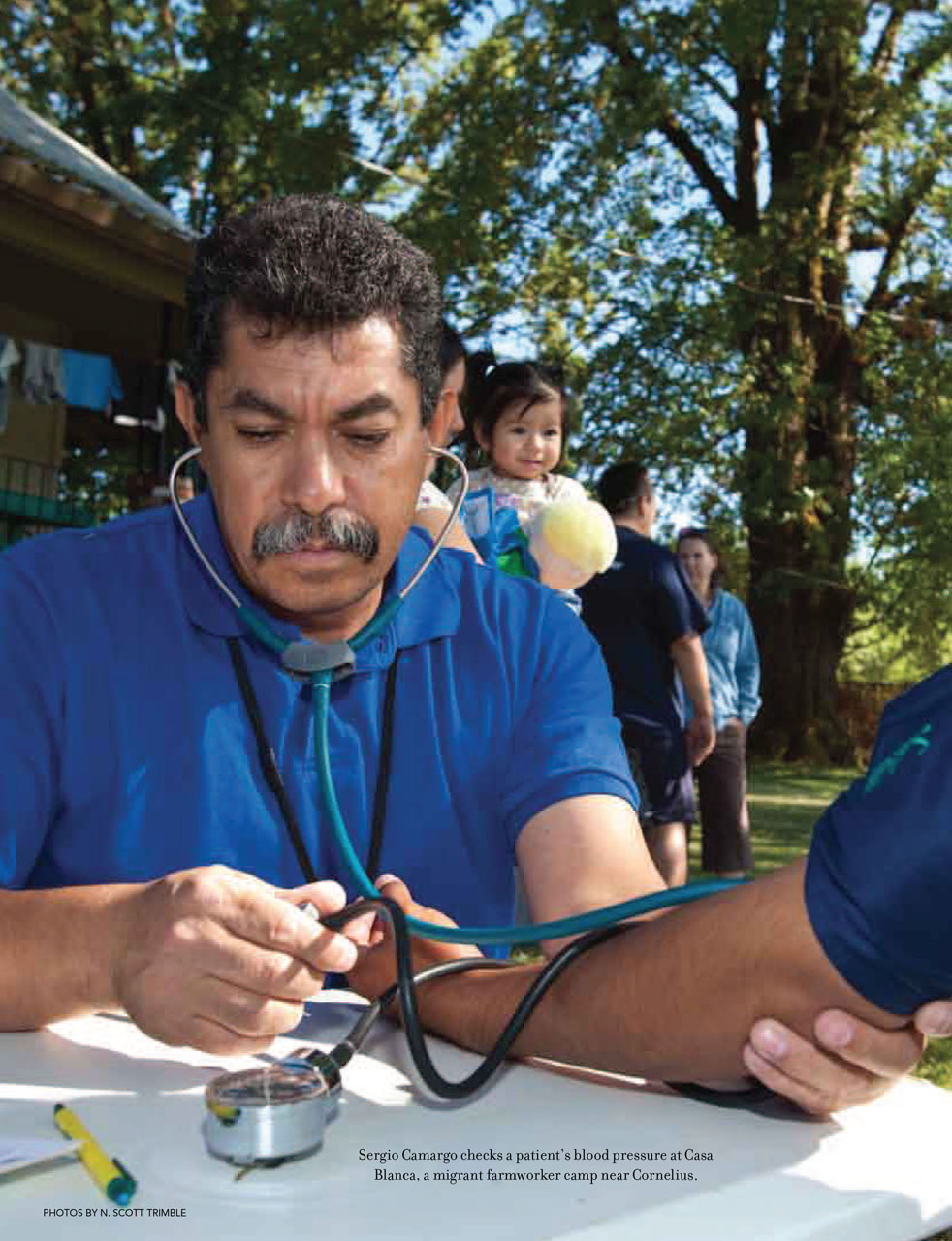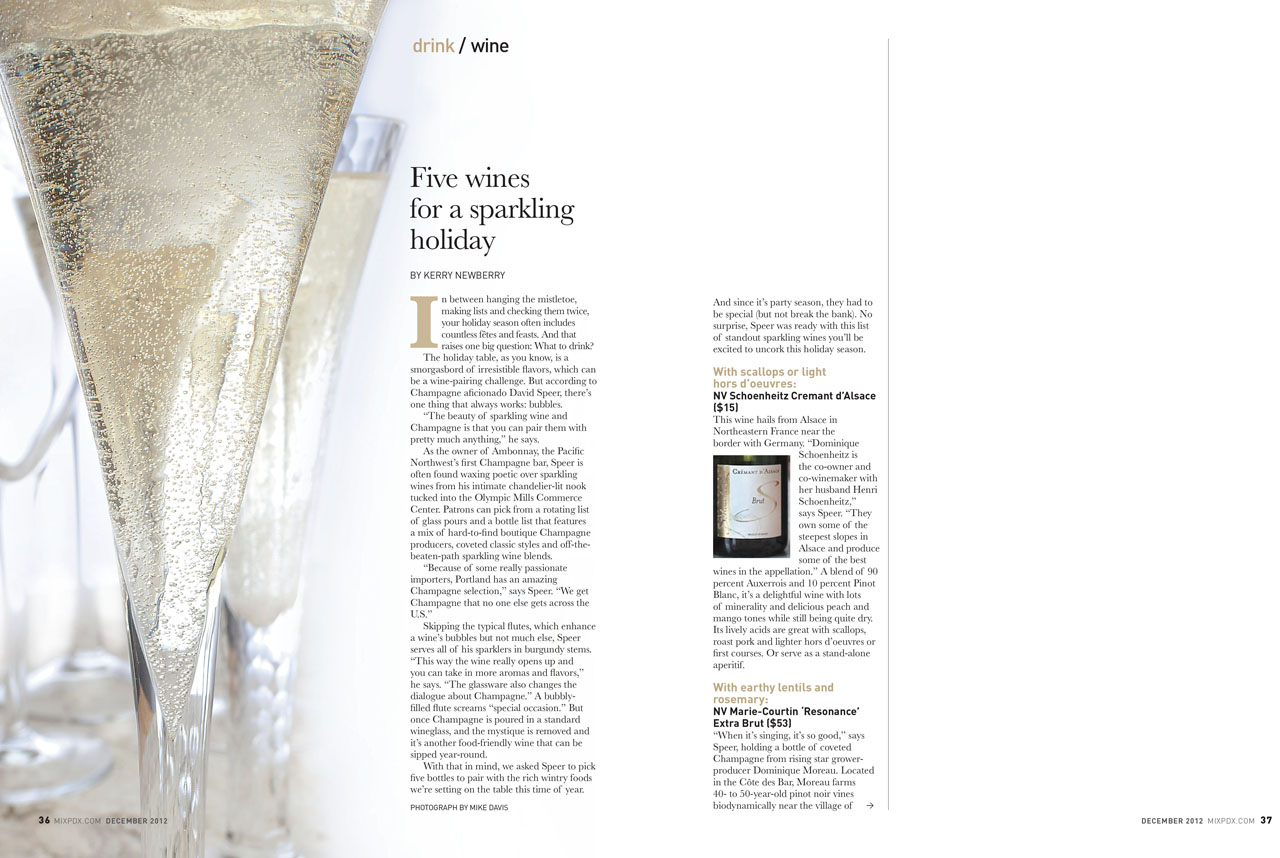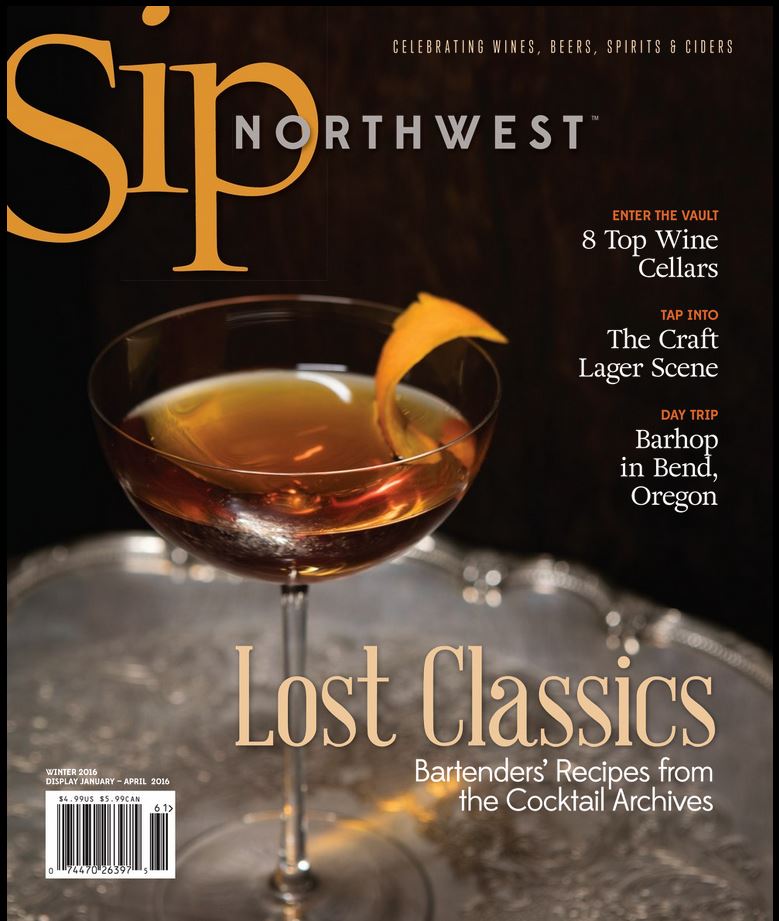Students Go Whole Hog
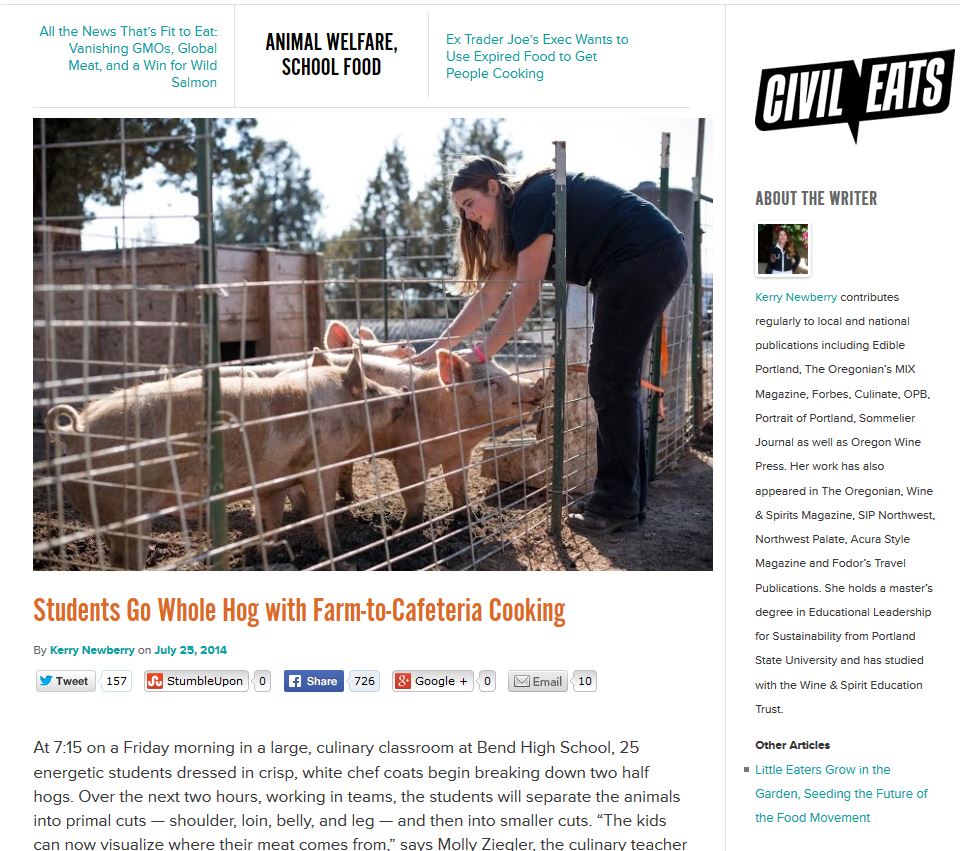
Edible Portland, Summer 2014
Students in a groundbreaking farm to school program in Bend raise, butcher, and cook the whole hog
At 7:15 on a Friday morning in a large, culinary classroom at Bend High School, 25 energetic students dressed in crisp, white chef coats begin breaking down two half hogs. Over the next two hours, working in teams, the students will separate the animals into primal cuts — shoulder, loin, belly, and leg — and then into smaller cuts.
“The kids can now visualize where their meat comes from,” says Molly Ziegler, the culinary teacher at Bend High School, “and they are learning how to utilize lesser known cuts, or cuts that would often get tossed.” After class today, the students collected bones with tiny scraps of meat to make a simple soup base. “I just took it off the heat,” says Ziegler. “It’s been simmering all day.”
Tomorrow the students will eat the soup in class, sparking conversations ranging from the benefits of nose-to-tail cooking to the nutrition found in bone broth. Class cooking projects span humble stocks and sauces to more haute cuisine. Most recently, slow roasting pork tenderloin was part of a homework assignment. And the source of their pork? Mountain View High School, less than a mile away, where FFA (formerly known as Future Farmers of America) students are raising pigs.
These classes are complementary components of an integrated farm to school program at Bend-LaPine School District, where 29 schools serve more than 16,000 students. Bend-LaPine has students raising animals, butchering animals, and feeding a school meal program. Neatly wrapped packages of pork move from classroom to school kitchen, where they are cooked into succulent carnitas for all 29 school cafeterias.
The program breaks the normal bounds of food in school and has created a whole new arena for students to learn. “It’s a full circle agriculture education experience,” says Katrina Wiest, the manager for the Bend farmers’ market and wellness specialist for the school district.
“Agriculture is a big part of my life,” says Wiest, who was raised on a wheat farm and is married to a farmer. “I feel it’s important that kids know where their food comes from.”
For close to ten years, Wiest has been pioneering the farm to school movement in the high desert of central Oregon: sourcing local food for schools and providing agriculture, health, and nutrition education opportunities in the cafeteria, classroom, and community.
She is known for her “vivaciousness and contagious energy,” especially when it comes to feeding students, says Michelle Ratcliffe, PhD, farm to school specialist for the Oregon Department of Agriculture. “She’s able to articulate the big picture about the benefits for kids’ health, education, the economy, and the environment. She knows it, and she can rally people around that.”
After researching the cost of butchery for FFA-raised hogs, Wiest and her colleagues asked: Why not just do it ourselves?
Last year, when the Oregon Legislature awarded nearly $1.2 million in funding for local food and education in schools, Wiest put forth a proposal for a partnership between the Bend-LaPine District Nutrition Services Department and Mountain View High School. The district was one of nineteen to receive this second round of competitive Farm to School and School Garden grants. It’s the only grant focused on the entire life of a livestock animal, from piglet to plate.
Paulie and Floppy
Paulie and Floppy (named for her pendulous ears) are the two traditional crossbred sows currently breeding for FFA students at Mountain View High School. Each sow will have two litters per year, with an average litter size ranging between eight to ten piglets. The hogs will feed, grow, and wallow in mud for six to seven months, until they reach an ideal harvest weight of around 250 pounds.
“The students’ goal is to have a high-quality operation — quality over quantity,” says Traci Dulany, FFA teacher for Mountain View. About 65 students participate in the Bend FFA Chapter, and 160 students are involved through FFA classes taught by Dulany.
“I have students who have never, ever touched a pig,” says Dulany, “and they’ve stepped out of their comfort zone with this project.” The school farm is never short on volunteers to help feed pigs, move pigs, and even farrow — or birth — baby pigs. “They are so willing to step in and help because they are so excited to have this brand new learning opportunity.”
When the first sow was farrowing, Dulany sent out a text to as many students as she had in her phone. The text read: Paulie is starting to farrow. You are welcome to come if you’d like. “We quickly had thirteen students crowded into one horse stall,” says Dulany.
Some of the students were heading to the pool because it was the first sunny day of their summer vacation. After they read the text, they turned around and drove to the farm instead. “The students were there for four or five hours,” says Dulany, “farrowing the pigs and cleaning them off and getting them eating from their mom.”
Read the full article here http://edibleportland.com/2014/06/students-go-whole-hog/
or an abbreviated version on Civil Eats http://civileats.com/author/knewberry/
